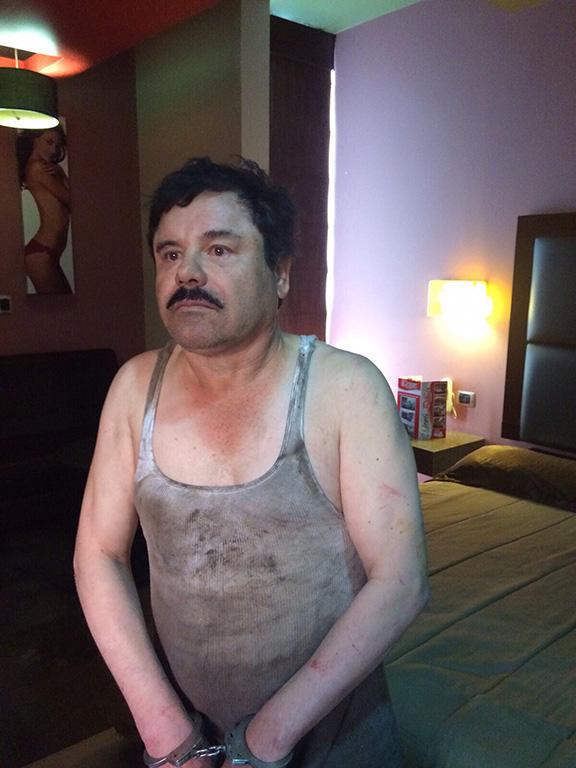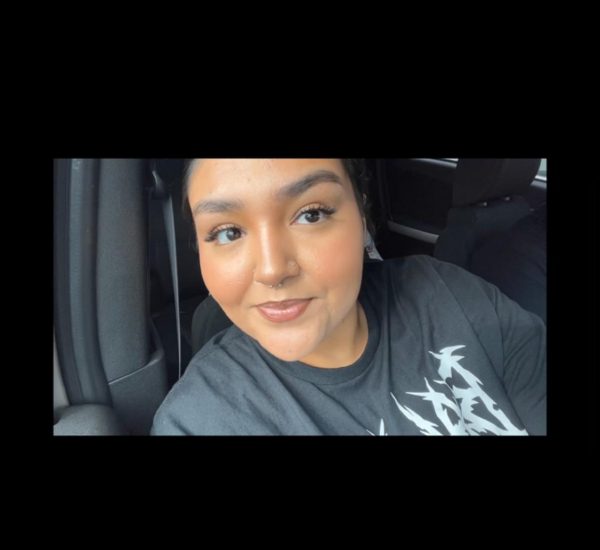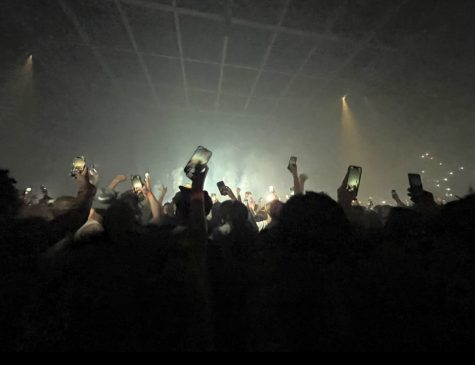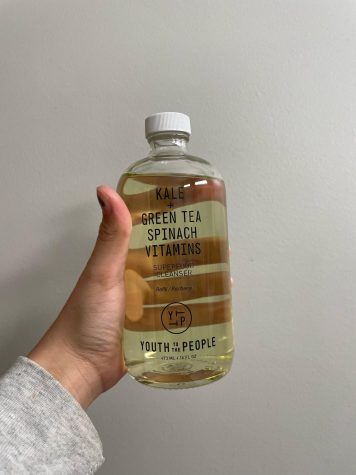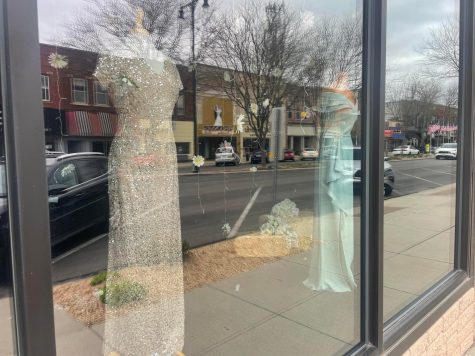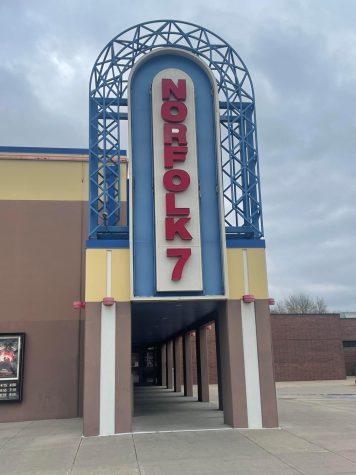Momentum swings to Miami as venue for trial of ‘El Chapo’
An image provided by an anonymous source on Jan. 8, 2016 shows Joaquin Guzman Loera, alias "El Chapo," handcuffed after his detention in a place of Mexico not yet determined by authorities of the country. Fugitive drug kingpin Joaquin "El Chapo" Guzman has been recaptured months after his prison escape, President Enrique Pena Nieto said. (Xinhua/Zuma Press/TNS)
January 14, 2016
By James Rosen and Jay Weaver
WASHINGTON — U.S. and Mexican officials are engaged in high-level talks to determine whether Joaquin “El Chapo” Guzman will be tried in Miami or New York on drug-trafficking charges following his anticipated extradition to the United States from Mexico.
Federal prosecutors in six states have filed indictments against Guzman, but the Eastern District of New York and the Southern District of Florida have overlapping cases that could be combined, and the headquarter sites of Brooklyn and Miami have emerged as the leading contenders for the sensational trial.
“The Southern District of Florida’s extraordinary record with respect to major narcotics trafficking cases could be an important factor,” Kendall Coffey, a former United States attorney in Miami, told McClatchy.
In phone calls and personal meetings this week, Justice Department officials in Miami, New York and Washington have discussed with senior Mexican law enforcement officials which city Guzman would be sent to as part of broader extradition negotiations between the two countries.
“Initially, the plan was New York,” a law enforcement official familiar with the case told McClatchy. “After Guzman’s recent recapture, Miami is now under serious consideration as the (trial) venue.”
The official, who wasn’t authorized to discuss the case and requested anonymity, added that a decision would be made soon.
Guzman, who heads the Sinaloa Cartel, was nabbed last week in the Pacific coastal town of Los Mochis, Mexico, seven months after he escaped from a high-security Mexican prison through a sophisticated tunnel that may have cost upward of $1 million to dig.
Prosecutors in Miami, New York, Chicago and beyond accuse Guzman’s network of having pumped hundreds of tons of cocaine, heroin, marijuana and other drugs into their cities over the last quarter century.
“It’s a history-making case that, if successful, could deal a huge blow to today’s most violent drug trafficker,” Coffey said. “This case will define careers for prosecutors, (drug) agents and even the trial judge.”
Mexican officials had long rejected U.S. extradition appeals, but have changed their stance in the wake of Guzman’s humiliating breakout, the second time he’d managed to flee a Mexican prison.
While the two countries are now negotiating the terms of extraditing Guzman, his lawyers have filed at least a half-dozen motions opposing any deal, and it could take months for Mexican courts to rule on them.
The Brooklyn and Miami indictments both accuse Guzman of multiple counts of drug trafficking and money laundering. New York, however, had been viewed as holding the inside track for his trial because federal prosecutors there also accuse him of having ordered 13 murders, assassinations or attempted killings of Mexican police, soldiers and rival gang members.
Miami, by contrast, hosted the last mega-trial of an internationally famous drug lord. In 1992, deposed Panama strongman Manuel Noriega was convicted in Miami on eight counts of narcotics trafficking, racketeering and money laundering.
Noriega, who had been seized by U.S. troops from the Vatican Embassy after the U.S. invasion of Panama in December 1989, was imprisoned at the Federal Correctional Institution in South Miami-Dade until 2010, when he was extradited to France. He was shipped the next year to Panama, where he remains imprisoned.
Mexican law enforcement agents first captured Guzman in June 1993, transferring him two years later to a maximum-security prison in Puente Grande near the city of Guadalajara in central Mexico.
There, Guzman bribed guards to help him escape under a pile of dirty clothes in a laundry basket in January 2001. His associates sped him away in the trunk of a Chevrolet Monte Carlo.
Recaptured in Mazatlan on Feb. 22, 2014, after more than 13 years as a fugitive, Guzman spent fewer than five months in custody before escaping again, this time through a long, well-lit tunnel dug by compatriots into the floor of his cell shower.
After a shootout with Mexican marines in which five people died, Guzman was nabbed once more on Jan. 8, and Mexican officials are now apparently willing to let the United States take him off their hands to stand trial.
Other indictments against Guzman were filed by prosecutors in Manhattan, El Paso, San Diego, Chicago and Concord, N.H.
Before the Senate confirmed her to be the nation’s top law enforcement official in February 2015, Attorney General Loretta Lynch had been the U.S. attorney in Brooklyn, an office she took in 2010, less than a year after its prosecutors filed charges against Guzman. Because of the importance and notoriety of the Guzman case, Lynch is likely to make the final decision on where he would be tried.
Some former federal prosecutors and prominent extradition lawyers say Lynch’s close ties to the Brooklyn office could give it an edge as a trial venue, but others say they could work against Brooklyn because she might not want to be perceived as favoring her former colleagues.
“I would assume the government would want to play its strongest hand first,” said one senior prosecutor who spoke anonymously because he wasn’t authorized to discuss the case. “These are strategic decisions that have to be made within the Justice Department.”
Analysts said factors likely to weigh in the decision of where to try Guzman are the location of cooperating witnesses, which district has the strongest case, which indictment might result in the most severe penalty and where were the most serious of the alleged crimes committed.
The murder charges in Brooklyn and in El Paso are worse crimes than the alleged drug trafficking and money laundering in Miami, but the Mexican government has ruled out extraditing Guzman for any capital crime, a condition that would likely nullify that advantage in those venues.
The charges in the Miami indictment could carry multiple life sentences upon conviction, depending on what specific counts result in guilty verdicts.
“The bottom line is, whoever has the better office is going to get him,” said Joel Androphy, an extradition expert and lawyer in Houston. “It will go to the office that has the most experience prosecuting accused drug traffickers. I don’t think it has to do with anything other than the competence, aggressiveness and success of the office.”
The Justice Department, Androphy said, might even examine the records of federal district judges in each of the competing venues to determine which have sided with prosecutors over defense lawyers most often.
———
(Weaver reports for the Miami Herald.)
———
©2016 McClatchy Washington Bureau
Visit the McClatchy Washington Bureau at www.mcclatchydc.com
Distributed by Tribune Content Agency, LLC.



